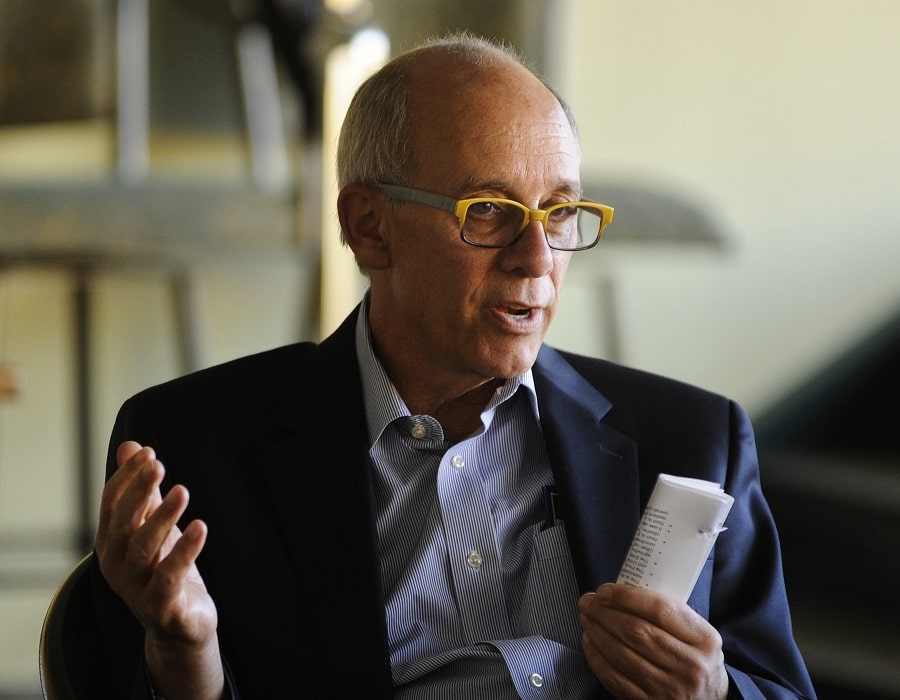
Beating the lottery is possible
Stephan Mandel is a gambling legend in the world of gambling. Between the 1960s and 1990s he was able to win 14 times in the lottery. The reason for the winnings was not luck, but a system he had developed. The economist’s success story will be discussed below.
Lotteries: a ghostly chance of winning
Statistically speaking, a person has a better chance of winning Olympic gold or being hit by lightning than hitting the jackpot at the lottery. But that’s not the story of Stéphane Mandel, who managed to beat the system 14 times. After being educated in mathematics, the Romanian emigrant moved to Australia where he began working as an ordinary accountant. His salary of 88 euros was barely enough to feed his wife and two children. The millionaire had an analytical turn of mind which helped him become rich.
Mandel’s idea was as simple as genius. He noticed that jackpots are at least 3-4 times bigger than the biggest lottery winnings. If you have to choose 6 numbers out of 40 options, the total number of possible combinations is 3,838,380. The accountant had patience and waited for the jackpot to grow by at least 3-4 times.
The value of 1 ticket was approximately 1 euro. It was necessary to buy one ticket for each combination. The lucky ticket with the right set of numbers was sure to be on the list. Of course, there were costs involved in this strategy, but it paid off if the jackpot increased by at least 3 times the maximum winnings.

The lottery turns into a business
There were two weak links in Mandel’s scheme – overheads and logistics. Once lotteries with likely winning combinations had been identified, it was necessary to quickly fill out the coveted receipts. To this end, the former accountant put together a group of investors, each of whom donated a certain amount for a percentage of the jackpot. With the proceeds, Mandel printed the tickets, entered the numbers into them, and gave them to official lotto distributors.
The scheme was first used by an expert in Romania. Then he became the owner of 19.3 thousand euros, which was enough to emigrate. The strategy was then successfully applied in Western countries (UK, Australia, etc.). The method had disadvantages. Combinations had to be written out manually, which increased the risk of error. Mandel gave most of his winnings to investors. For example, in 1987 he hit another jackpot of 1.3 million euros, but after paying out only 97 thousand euros remained.
Modernizing the system
The advent of computers simplified the calculations. The task of entering the numbers was now done on a PC. In the 1980s, Mandel’s syndicate snatched a big score 12 times, and the author of the idea became richer by 400,000 euros. Soon the authorities turned their attention to the lucky gambler by restricting his access to many Australian bingo games.
This did not stop Mandel. In 1992 he and a group of conspirators hit the €27 million jackpot. “Afflicted” were the authorities of the US state of Virginia, who failed to take into account the mistakes of the previous organisers. The huge amount of winnings interested US law enforcement authorities. After several trials, the expert was found not guilty. Mandel declared himself bankrupt after taxes and received 15 million Euro in winnings, which allowed him to refuse payments to investors.
The example of the Romanian native demonstrates the vulnerability of any gambling game. With proper mathematics and an effective strategy, it is possible to become the owner of a fortune. Stefan Mandel is now enjoying life on a small tropical island near Australia. The method he developed has provided him with a comfortable old age.
